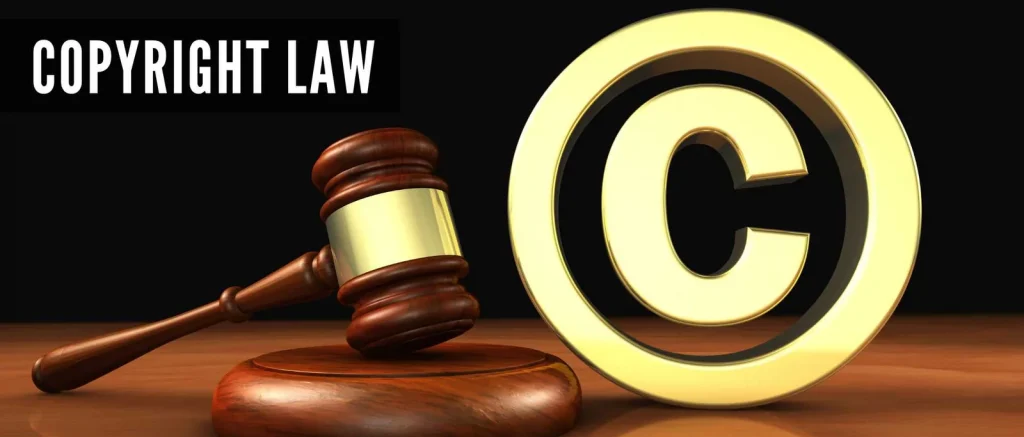Exploring Copyrights Issues with Digital Arts and NFT

Copyright Law in HK
- Under the Copyright Ordinance, copyright owners have the exclusive right to carry out the following acts in relation to their works (see sections 22-29 of the Copyright Ordinance).
- To copy the work on to a tangible medium (e.g. paper or any digital medium).
- To put into circulation (i.e. to distribute) copies of the work not previously put into circulation anywhere in the world.
- To rent copies of computer programs and sound recordings to the public for economic or commercial advantage.
- To make copies of the work available to the public via the Internet.
- To perform, show or display the work in public (it does not apply to artistic works and typographical arrangements of published editions).
- To broadcast or include the work in a cable programme service (it does not apply to typographical arrangements of published editions).
- To make an adaptation of a literary, dramatic or musical work, which includes: translating a work into another language; converting a dramatic work into a non-dramatic work, and vice versa; conveying a story by pictures; arranging or transcribing a musical work; converting a computer program into another computer language or code.
- To carry out any of the above acts in relation to an adaptation (e.g. to photocopy a Chinese translation of an English book, or sell copies of the translation etc.).
Digital Art Copyright Registration
Digital art is automatically copyrighted once it is created in a fixed or tangible form. You do not need to register for a copyright. In Hong Kong, there is in fact no copyright office for formal registration.
Length of Copyright
Copyright is time limited, and in Hong Kong how long copyright lasts depends on the format of the work, but in most cases it will last for 50 years after the death of the author/creator.
NFT Copyright
- Ownership rights to the tokenized digital asset (such as an image, video, etc.). This does not necessarily include copyright ownership unless specified.
- Resale rights – you can generally resell or auction off the NFT you own. The resale value may depend on factors like scarcity, popularity of the creator, etc.
- Attribution rights – you have the right to be credited as the owner of that specific NFT, though not author or creator necessarily.
- Display rights – you can generally display and share the NFT digital file/asset, though use may depend on the license. For example, you can set it as your profile pic.
- No replication rights -you don’t own rights to duplicate or mint additional copies of the digital file itself, only the unique NFT token on the blockchain.
- License rights – certain use licenses may be granted by the creator as part of the sale. But these depend entirely on the specific NFT and terms set by creator.
- No inherent intellectual property rights – NFT ownership alone does not confer copyright over the digital file. IP rights remain with creator unless a formal transfer agreement exists.
Disclaimer: Nothing in this website is intended to be nor should be constructed as legal advice. This is an educational project created by students. Please consult your lawyer for legal advice.